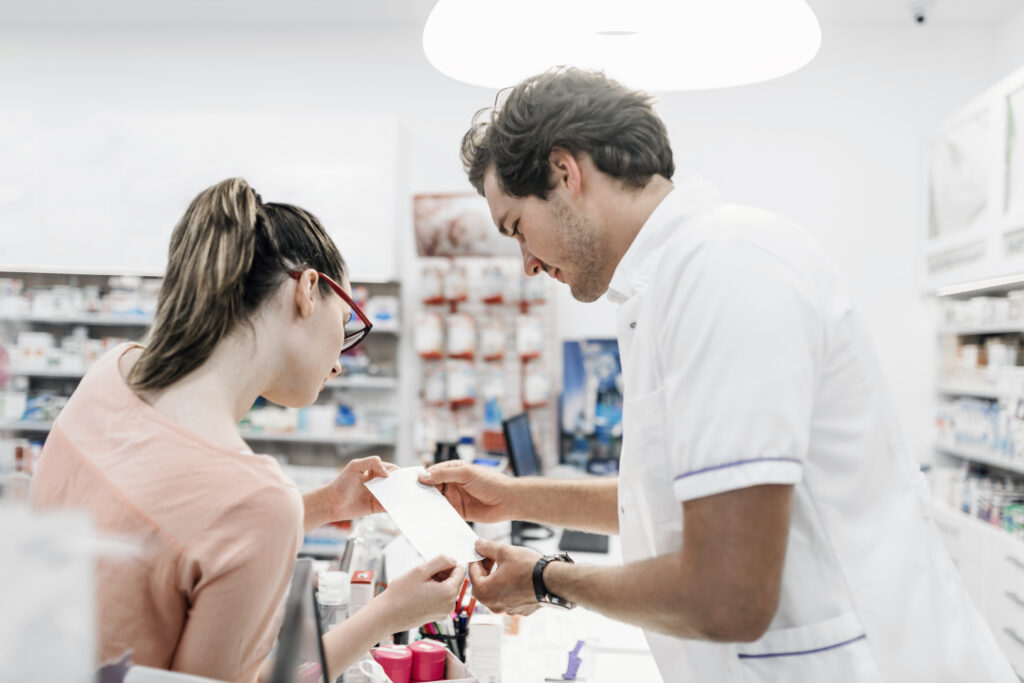According to Edelman’s annual trust barometer published in 2019, Asian countries have a high level of confidence in the pharmaceutical industry, with China showing 83% positive opinions, while European countries and the United States show a certain degree of mistrust, with less than 50% positive opinions.1
The major stakeholders in the pharmaceutical industry are established all over the world, with the same quality of standards and requirements for their products. Variations in the index of confidence in medicines and their manufacturers therefore appear to be more a result of local cultures and perceptions of the industry itself, rather than of products.
Reinforce confidence with more transparency in the industry
In France, the latest edition of the Observatoire sociétal, a survey conducted by Ipsos for Les entreprises du medicament (LEEM) and published in 2018, shows that, apart from the aeronautics industry, no other industrial sector is an exception to the mistrust of public opinion: only 37% have confidence in nuclear power, 34% in banking, 27% in energy… With a 49% positive opinion, the pharmaceutical industry is among the top rated.

Factory-related pollution, environmental risks around sensitive sites… the industry has a diminished image uncorrelated to production itself. In order to regain public confidence, initiatives for greater transparency are multiplying. The publication of product composition, communication around manufacturing chains, respect for the environment: the major players in the secondary sector show strong commitments in favor of health and the planet.
Pharmaceutical industry ethics
Because it holds a unique place at the heart of public health, the pharmaceutical industry is one of the most regulated in the different countries. It is also one of the pioneers in product safety and transparency in terms of the links between industry and health care professionals. At the European level, the European Federation of Pharmaceutical Industries and Associations (EFPIA) publishes all collaborations between manufacturers and the health care players of all member countries in an open access database; of which the general public often isn’t aware.
Despite the actions and commitments of the medicine companies, only 34% of French people believe that they are ethical and 16% that they are transparent.
Innovation and communication at the heart of trust
How to strengthen this bond of trust? By responding increasingly to the expectations and fears of the public, particularly in terms of innovation around medicines, and taking their needs into account. The pharmaceutical industry is the one that devotes the largest part of its turnover to R&D: Around 9.8%, compared with an industrial average of 4%. And the costs of discovering new medicines continue to rise. A 2012 study estimated that the development of a new molecule represented an investment of approximately $900 million, or even $1.5 billion considering the cost of capital2. The ability to innovate is one of the recognized strengths of the pharmaceutical industry, with new therapies (immunotherapy, gene therapy) bringing huge hope around the world. Turning communication toward the patient, and not just to the medical profession, also allows companies to make themselves better understood. According to the Edelman barometer, ‘people like yourself’ are among the most trustworthy ambassadors of a company, alongside scientists and academics.

98%
of the active ingredients of the Servier Group’s brand-name medicines are produced in France
49%
positive opinions on the pharmaceutical industry in France according to the latest edition of the Social Observatory
9.8%
The pharmaceutical industry is the one that devotes the largest part of its turnover to R&D: Around 9.8%, compared with an industrial average of 4%
Committed to a safe, responsible and transparent industry
Supply chain control
The Group adopts responsible practices at each stage of the medicine chain. Servier has opted for an integrated industrial model. The design and manufacture of the Group’s medicines are thus mainly carried out inhouse, enabling us to control all the links in the production chain. The Servier Group’s Industrial Quality Department ensures the continuous improvement of the quality standards of production sites and raw material suppliers. It also ensures that each Group site complies with national and international quality and traceability standards. Our own management of distribution flows, from packaging to dispatch, makes it easier to track products and check them as necessary.
Transparent and patient-oriented information
Servier strives to provide objective, high-quality information to the health care community to ensure that its medicines are used safely. The Group’s Medical Affairs Department plays a fundamental role as the guarantor of the objectivity and integrity of the information provided to medical experts and communities worldwide. Servier’s Medical Information Department responds directly to questions about products or Group studies from patients, caregivers and physicians. Led by a Chief Patient Officer, the ‘for and with patients’ approach is also advancing within the Group. Servier is working more and more closely with patients and patient organizations to engage them throughout the medicine life cycle.
1 https://www.fiercepharma.com/marketing/ trust-pharma-increases-u-s-but-still-resides-distrust-territory-annual-survey
2 https://www.leem.org/recherche-et-developpement
